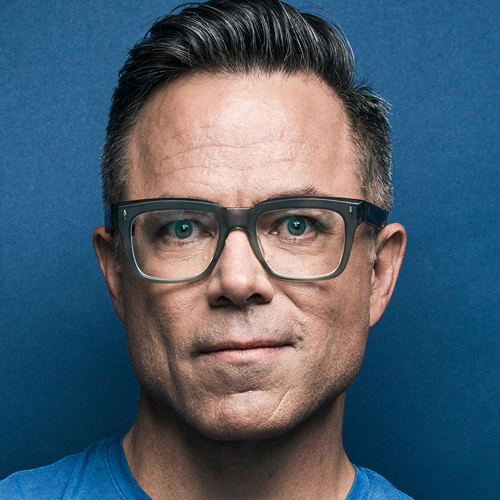
Increasingly, money is being raised by crowdfunding campaigns for health services of questionable value. Recent studies have found that crowdfunding is attracting millions for unproven and potentially dangerous treatments. We believe this is a terrible trend that hurts both the donors and the patients seeking treatment. More broadly, these funding campaigns may help to legitimize unproven therapies and provide financial support that will facilitate the growth of science-free health industries.
In order to get a sense of the scope and nature of this trend, we recently examined over 200 GoFundMe campaigns designed to raise money for homeopathy as a cancer treatment. We searched for campaigns throughout the world that specifically mentioned homeopathy and then did a text analysis of the request, looking at things like the patient situation, the amount requested, the number of donations and how the ask was framed.
Homeopathy is a centuries-old practice meant to treat disease symptoms by administering to the patient heavily diluted doses of natural substances (such as a herb, root or mineral) that (allegedly) produce symptoms similar to those of the ailment. Some homeopathic remedies are so diluted that not a single molecule from the original substance remains. But the water allegedly holds the memory of the substance.
There isn’t any convincing evidence that homeopathy works or even that it could work. It is pure bunk, and that’s why we decided to focus on it. When people are using crowdfunding campaigns to raise money for homeopathy, they are asking people to pay for pseudoscience.
What our study found by analyzing the campaign descriptions was that while some patients viewed homeopathy as a complement to conventional treatment (because they wanted to use “every available treatment”), almost a third (29 percent) were forgoing conventional care because they believe homeopathy is more natural and will not produce feared side effects. About a third of campaigns made explicit — and scientifically unsupportable — claims about the efficacy of the treatments. Only two of the campaigns acknowledged the uncertainty of the science around these therapies.
It is worth pausing here to consider how problematic this trend is. People are leveraging the good will of others to raise funds for an ineffective treatment that may cause cancer patients to avoid more effective and science-informed approaches or seek out palliative care. The money raised will be paid to practitioners who are — we would argue — making unethical and potentially illegal claims regarding the effectiveness of homeopathy.
The existence of these crowdfunding campaigns seems likely to further entrench unproven and harmful alternative therapies in public discourse.
Here we are not blaming the patients for doing what they think best, particularly during what is undoubtedly a scary and uncertain time. But the existence of these crowdfunding campaigns seems likely to further entrench unproven and harmful alternative therapies in public discourse. In addition to simply creating platforms that serve to spread awareness about these unproven therapies, the campaigns are presented as powerful narratives about people fighting back against terminal diagnoses and refusing to take no as an answer. They are, in effect, a series of compelling human interest stories. And research has consistently found that narratives — particularly those about individuals with a relatable experience — can be extremely persuasive. This is one reason anecdotes and testimonials can change behaviour where fact-based but less emotionally engaging presentations fail to do so.
And this kind of messaging undoubtedly contributes to public misperceptions about the value of alternative cancer treatments. A recent survey, for example, found that 40 percent of Americans mistakenly believe alternative therapies can treat and cure cancer. Interest in alternative therapies seems to be growing — despite the fact that research tells us that use of alternative therapies by cancer patients is associated with poorer survival rates.
So what is to be done? One could argue that those running crowdfunding campaigns for themselves or for desperately ill friends and family members should not seek funds for homeopathic and other unproven treatments. However, these individuals may genuinely believe that these treatments are effective or at least worth one last try. Many are bombarded by misinformation about alternative therapies, including via crowdfunding campaigns, and told that they must keep “fighting” against cancer and not “give up.” Similarly, it would be difficult to target donors by asking them to refrain from giving to these campaigns. They may also be drawn by the powerful stories and the claims that alternative treatments are a legitimate means of battling cancer.
Instead, the most direct route to combat the problem of crowdfunding for unproven and potentially dangerous treatments is to have the platforms that host these campaigns — and particularly GoFundMe — take action.
At the very least, there is a role for these platforms in countering misinformation spread through these campaigns. While regulating this industry would be challenging (how would assessments of treatment efficacy be made, for example?), we should at least start considering ways forward, including the inclusion of disclaimers or the restriction of campaigns for unproven treatments where research like ours shows that they are actually causing harm. Failure to take action makes these platforms complicit in these harms, including magnifying the spread of misinformation and serving as a financial conduit for those peddling bunk medical treatments.
Photo: Shutterstock, by FGC.
Do you have something to say about the article you just read? Be part of the Policy Options discussion, and send in your own submission. Here is a link on how to do it. | Souhaitez-vous réagir à cet article ? Joignez-vous aux débats d’Options politiques et soumettez-nous votre texte en suivant ces directives.











